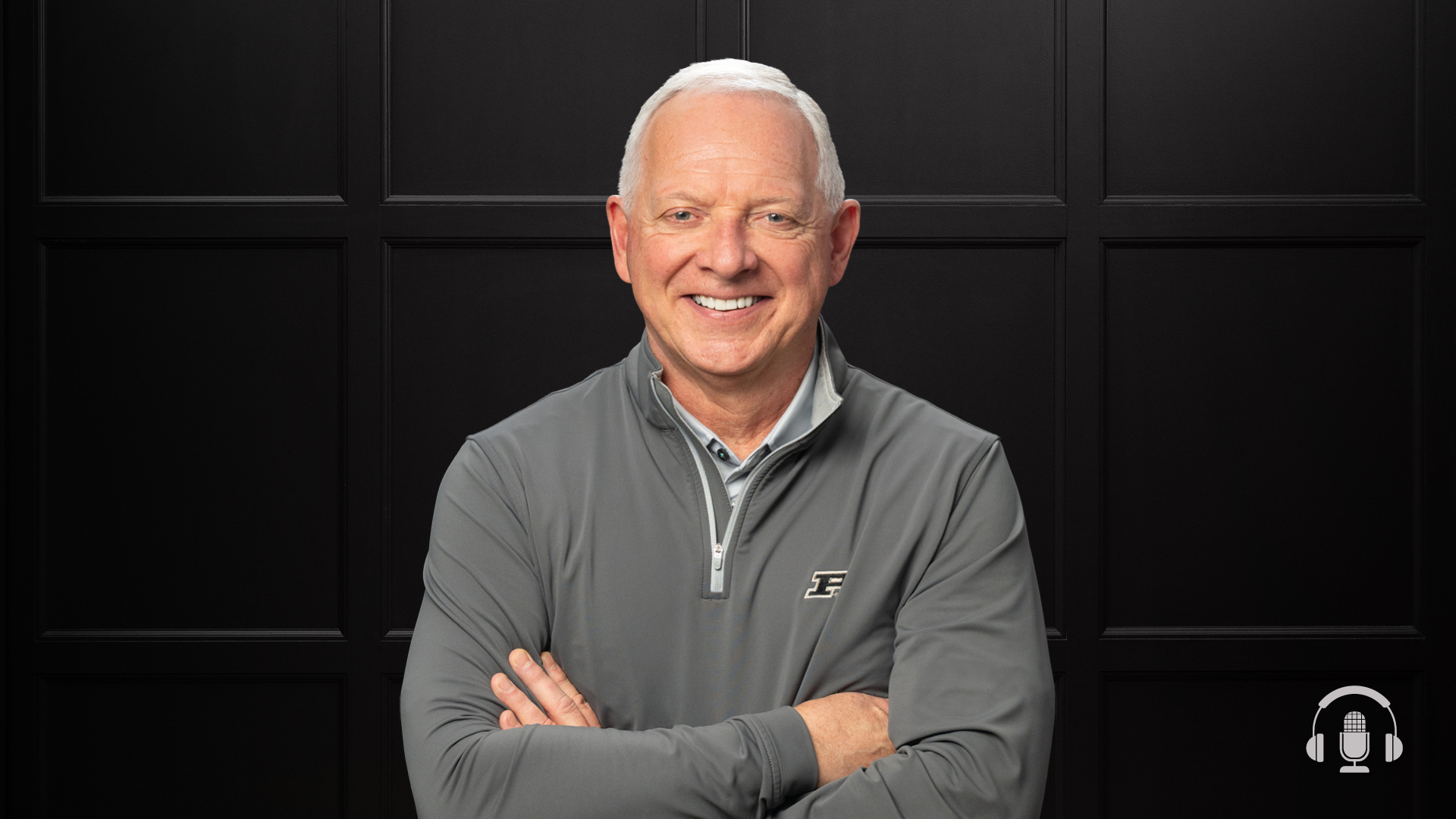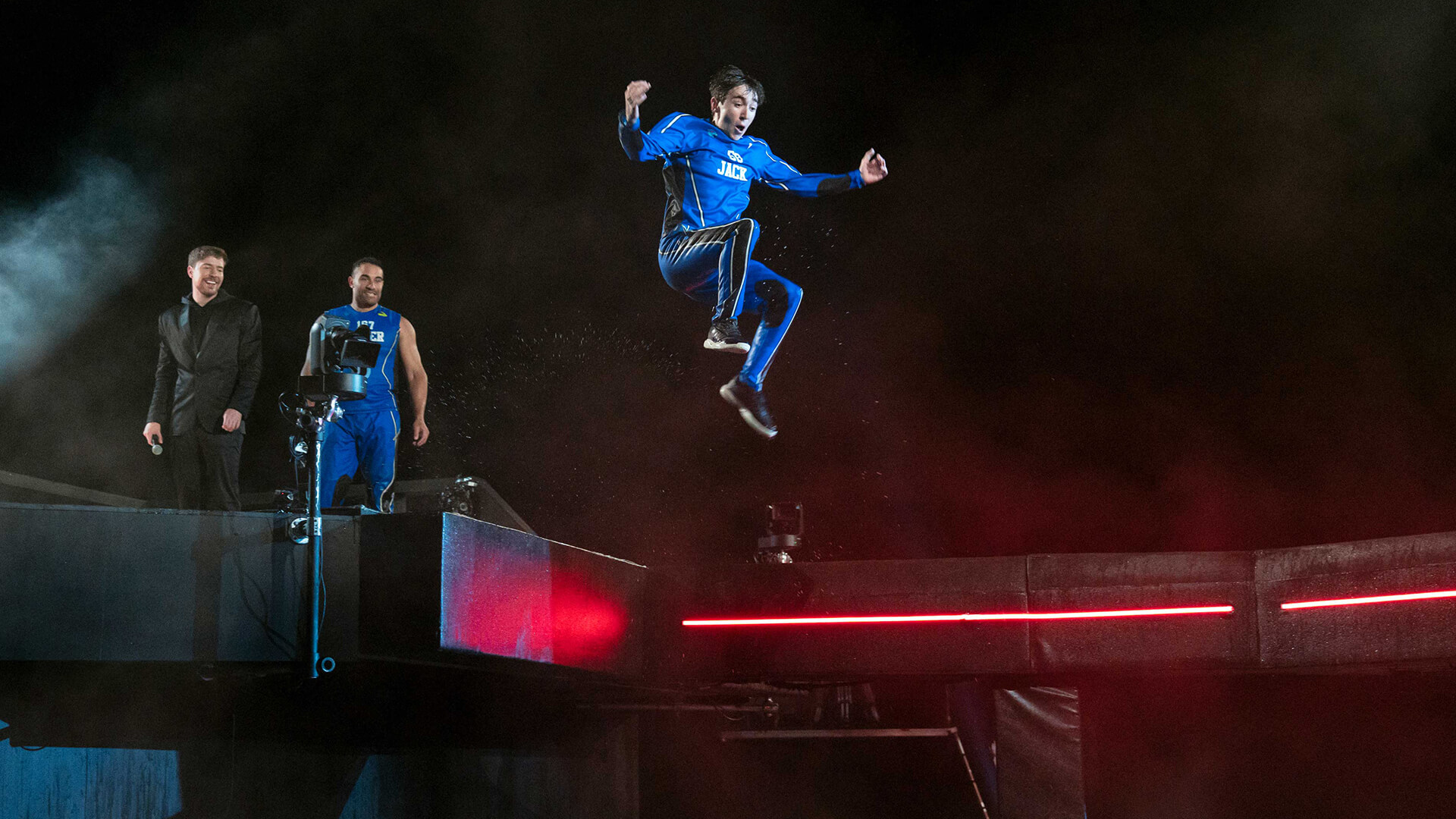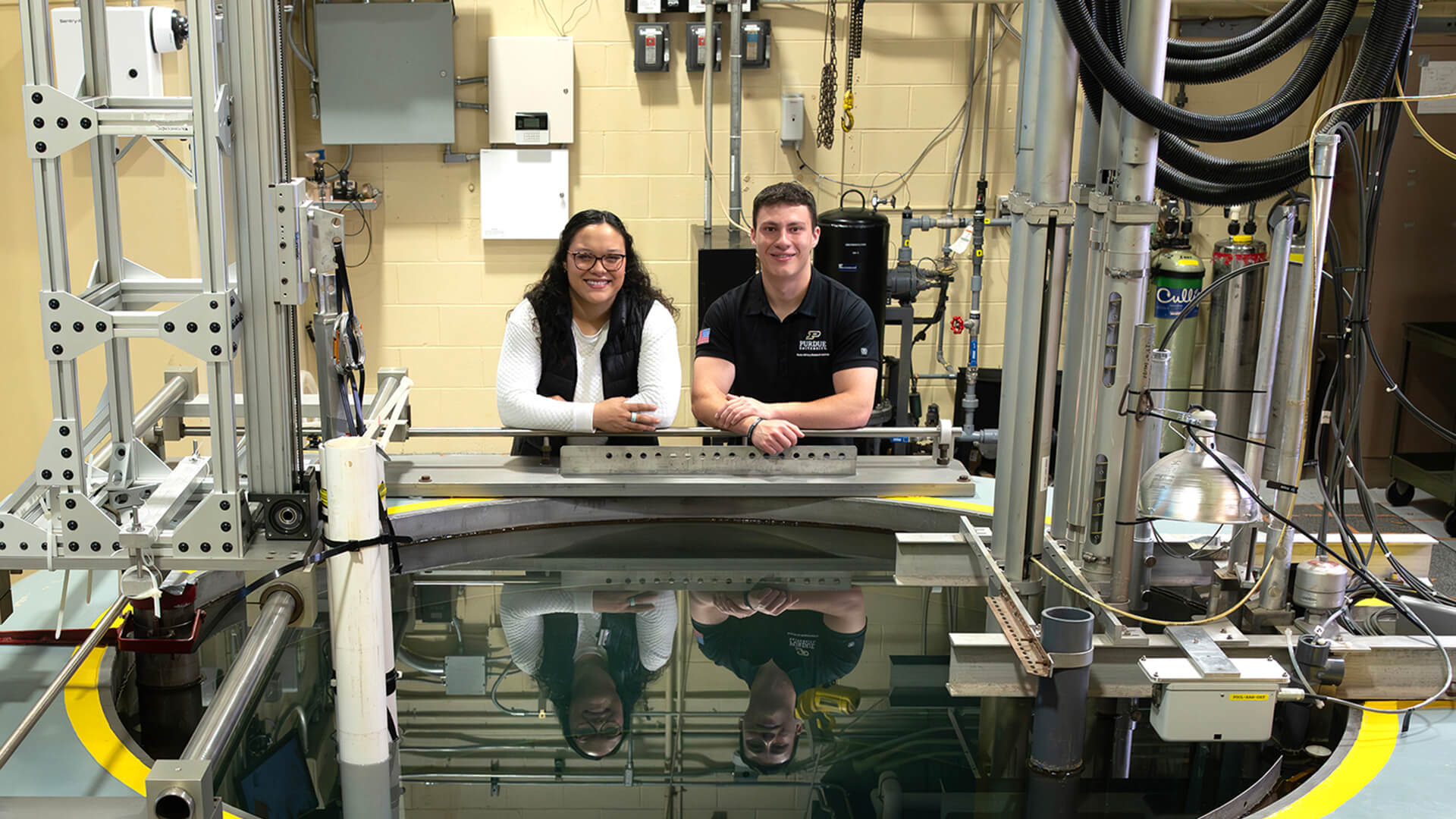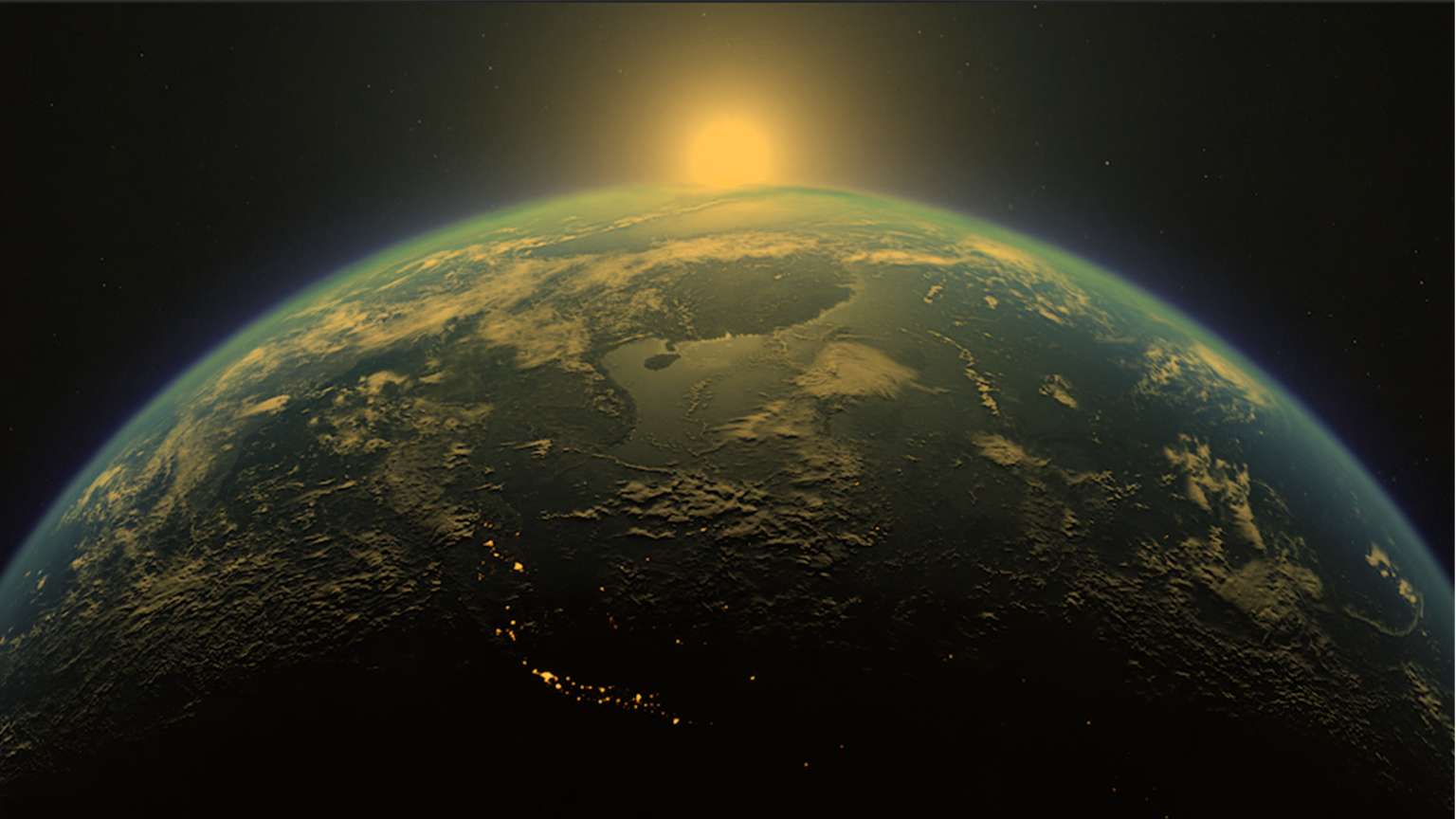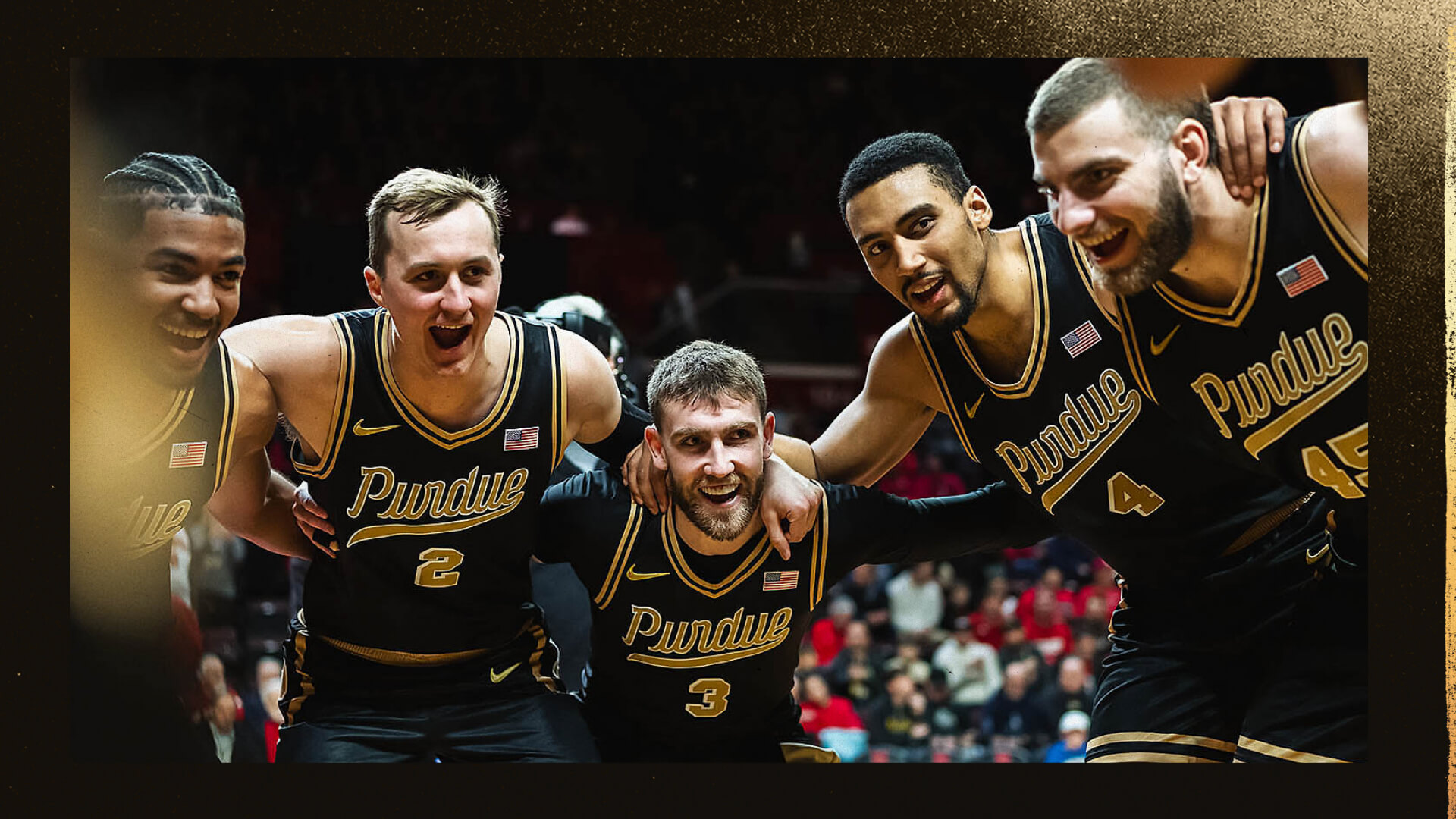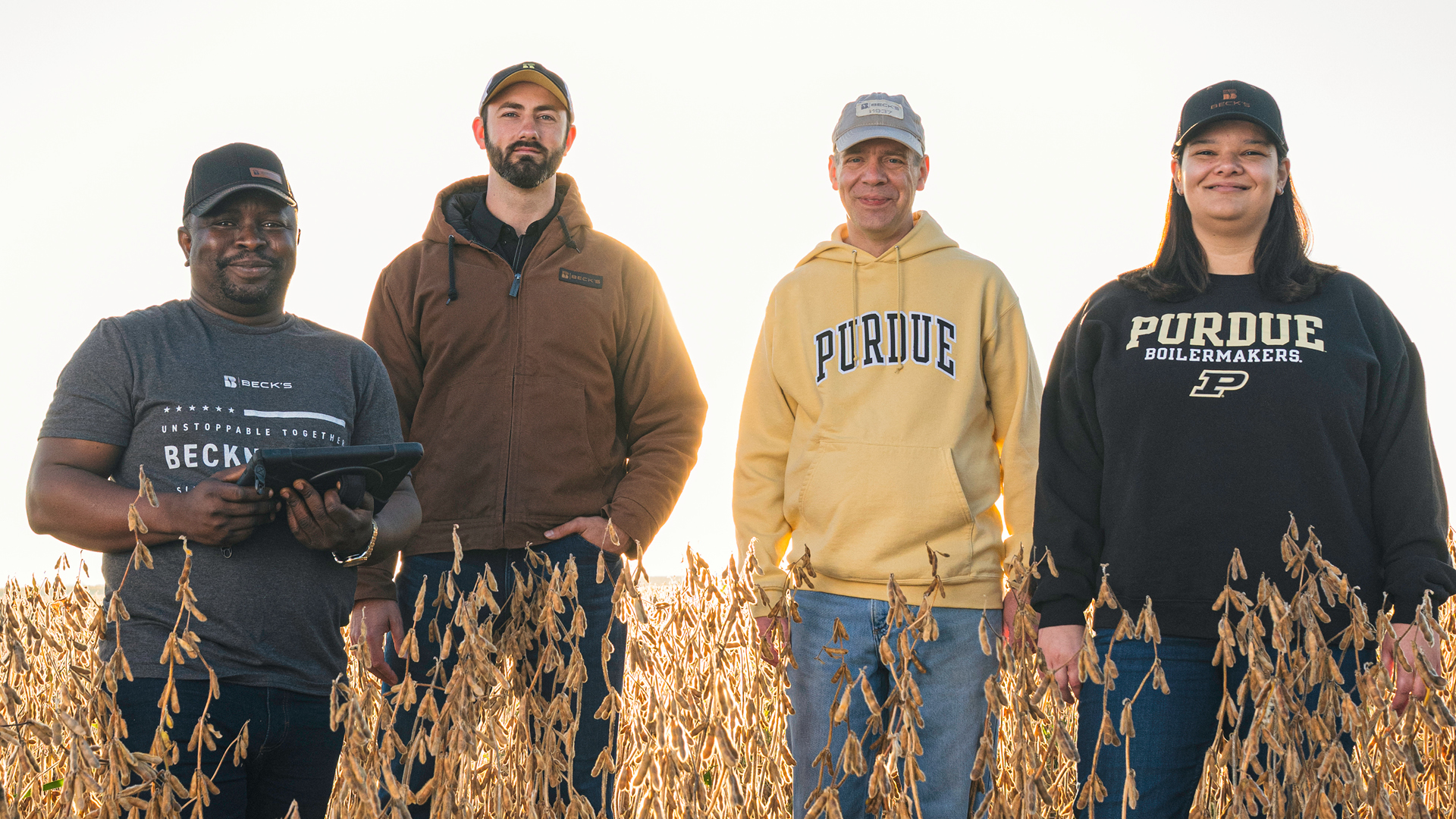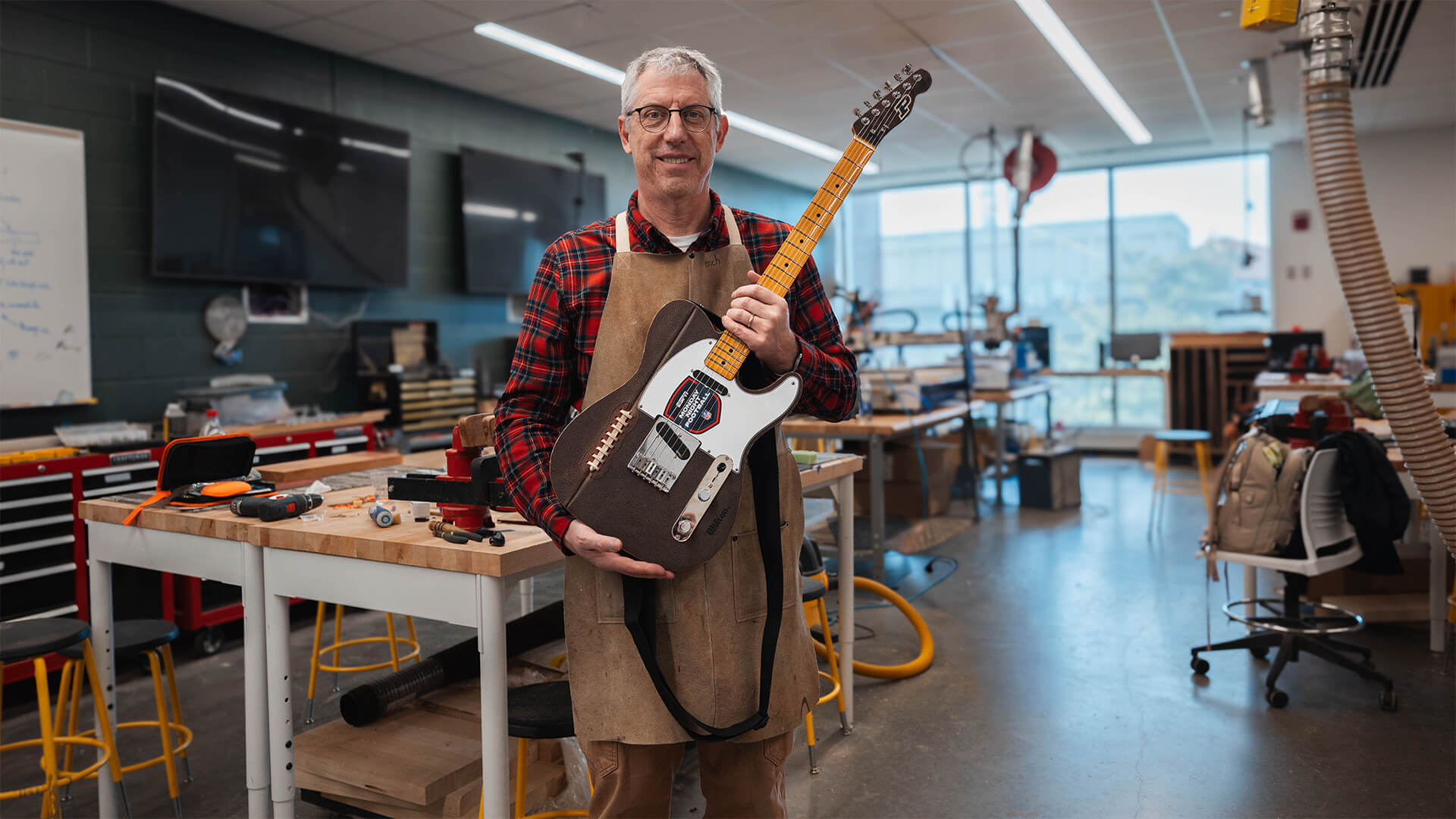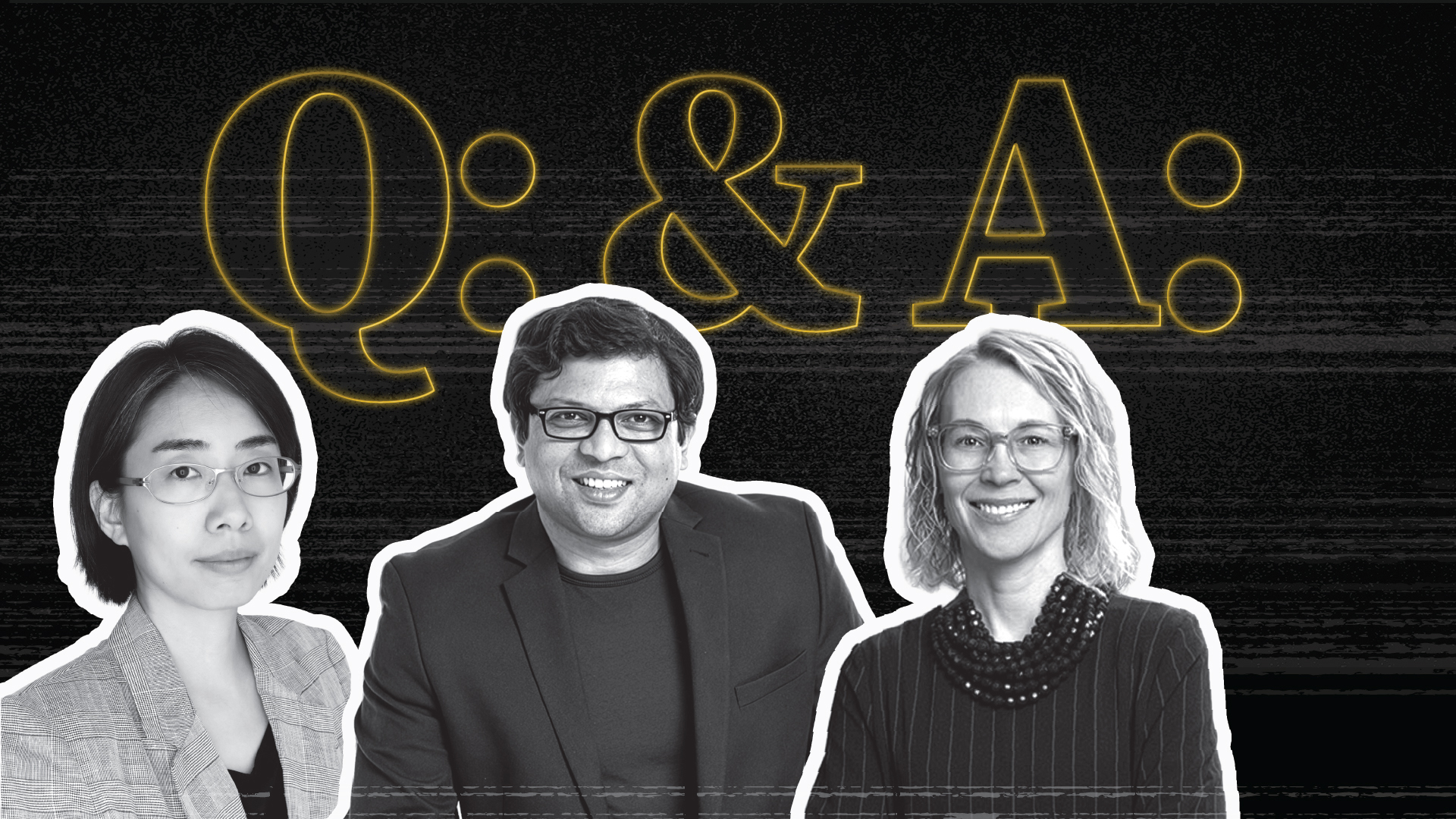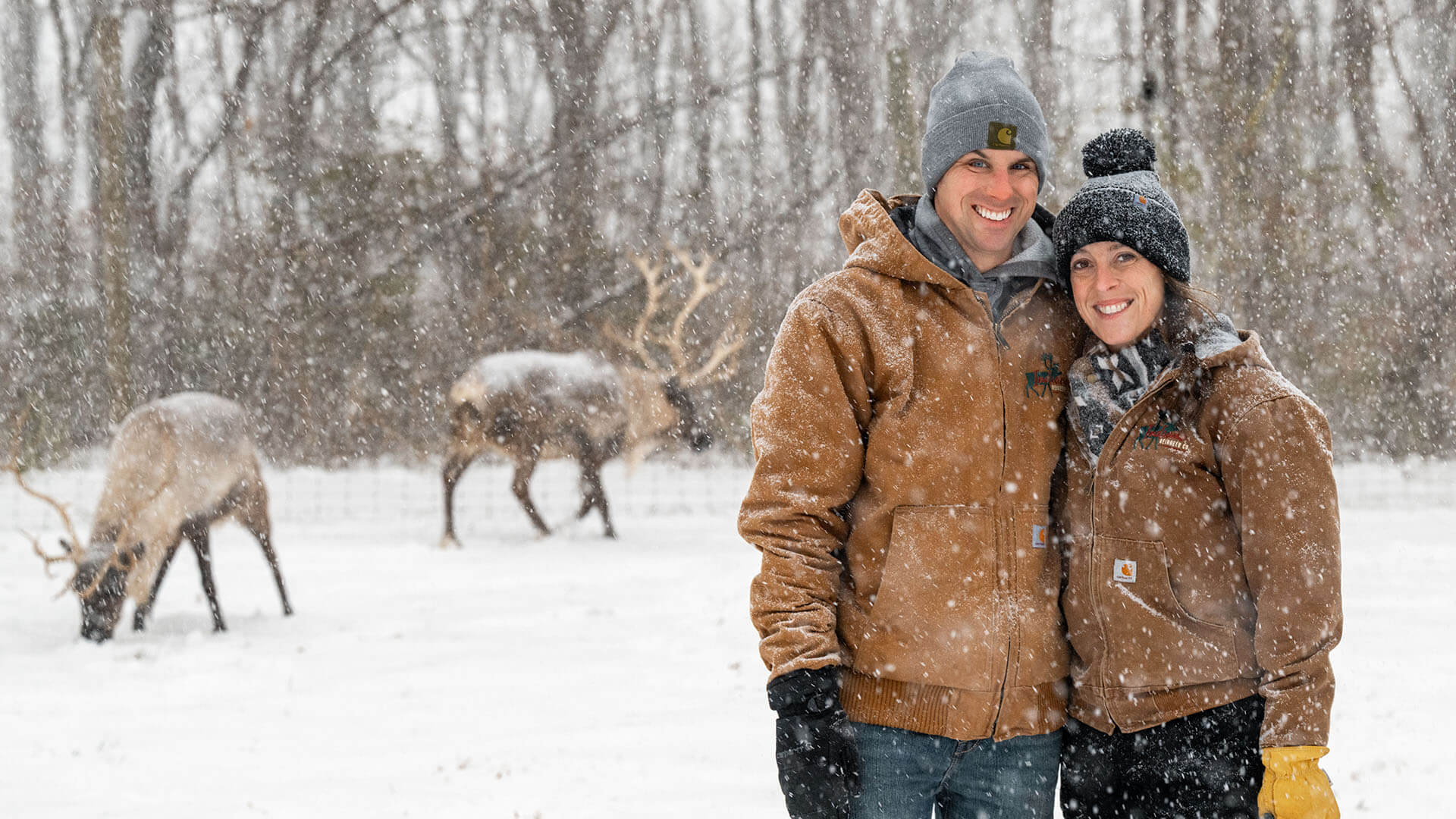Purdue alumna contributes to new PBS KIDS show ‘Weather Hunters’
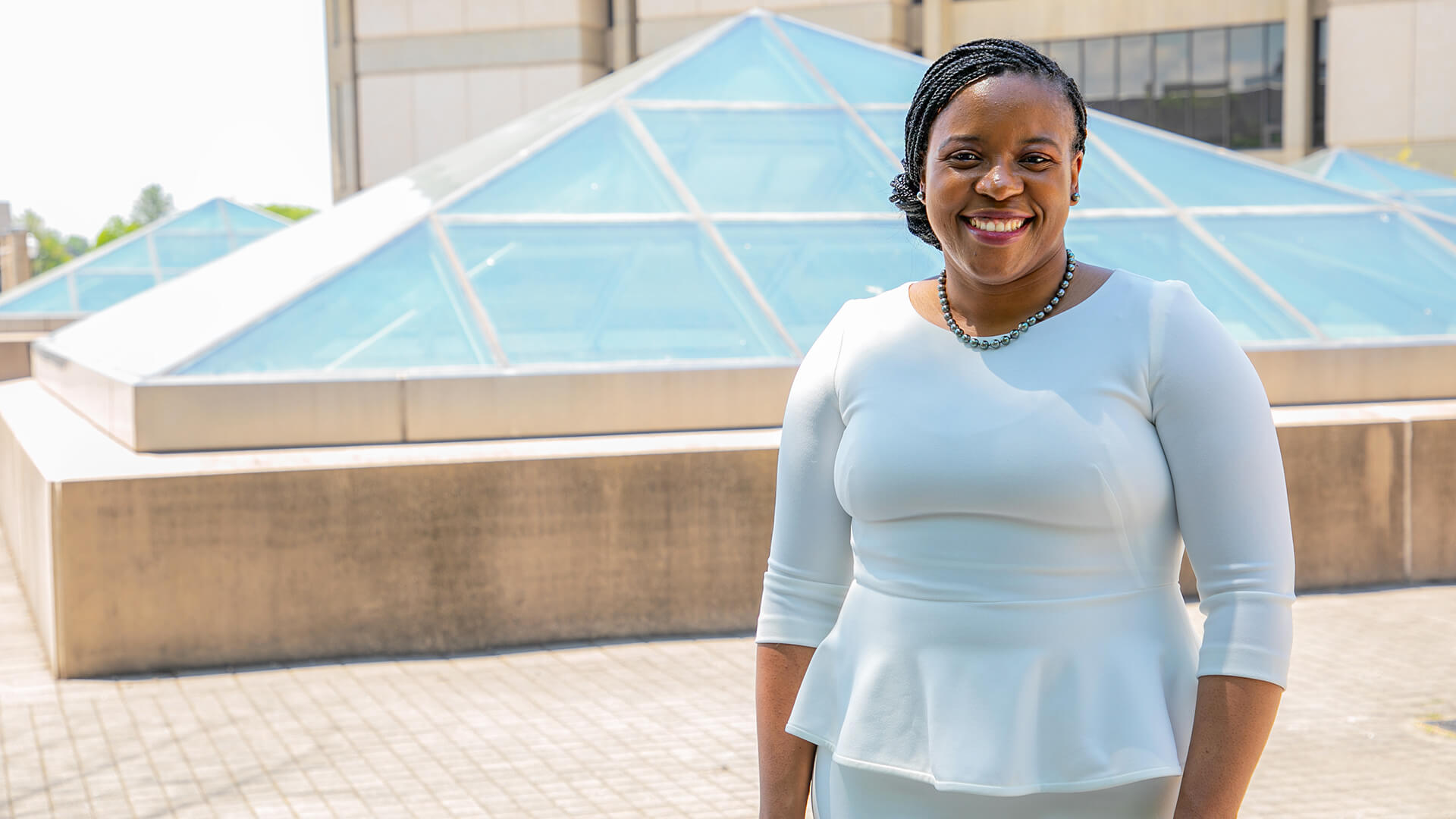
“So many Purdue experiences contributed toward where I am today,” says Jeremi London, a consultant on the curriculum team for “Weather Hunters.” (Photo courtesy of Jeremi London)
Jeremi London’s engineering experience includes three Purdue degrees
Jeremi London knew she had to follow her calling — but what was she supposed to do about the fact that there were two?
Her first year at Purdue established her love for engineering. At the same time, she had an unwavering passion for education. Combining both became possible with a specially designed graduate program.
After studying industrial engineering as an undergraduate, she went on to receive her master’s in the same discipline and a PhD in engineering education. An allegiance to lifelong learning has led to her current roles.
At Vanderbilt University, she’s an associate professor of mechanical engineering and associate provost for academic opportunity. She’s also sharing her STEM expertise as a consultant on the curriculum team for “Weather Hunters,” a PBS KIDS show strengthening a younger audience’s understanding of Earth science and meteorology. The “Today” show host Al Roker created the series.
Learn more about London’s experience at Purdue and perspective on education, plus what it takes to make an all-new animated series.
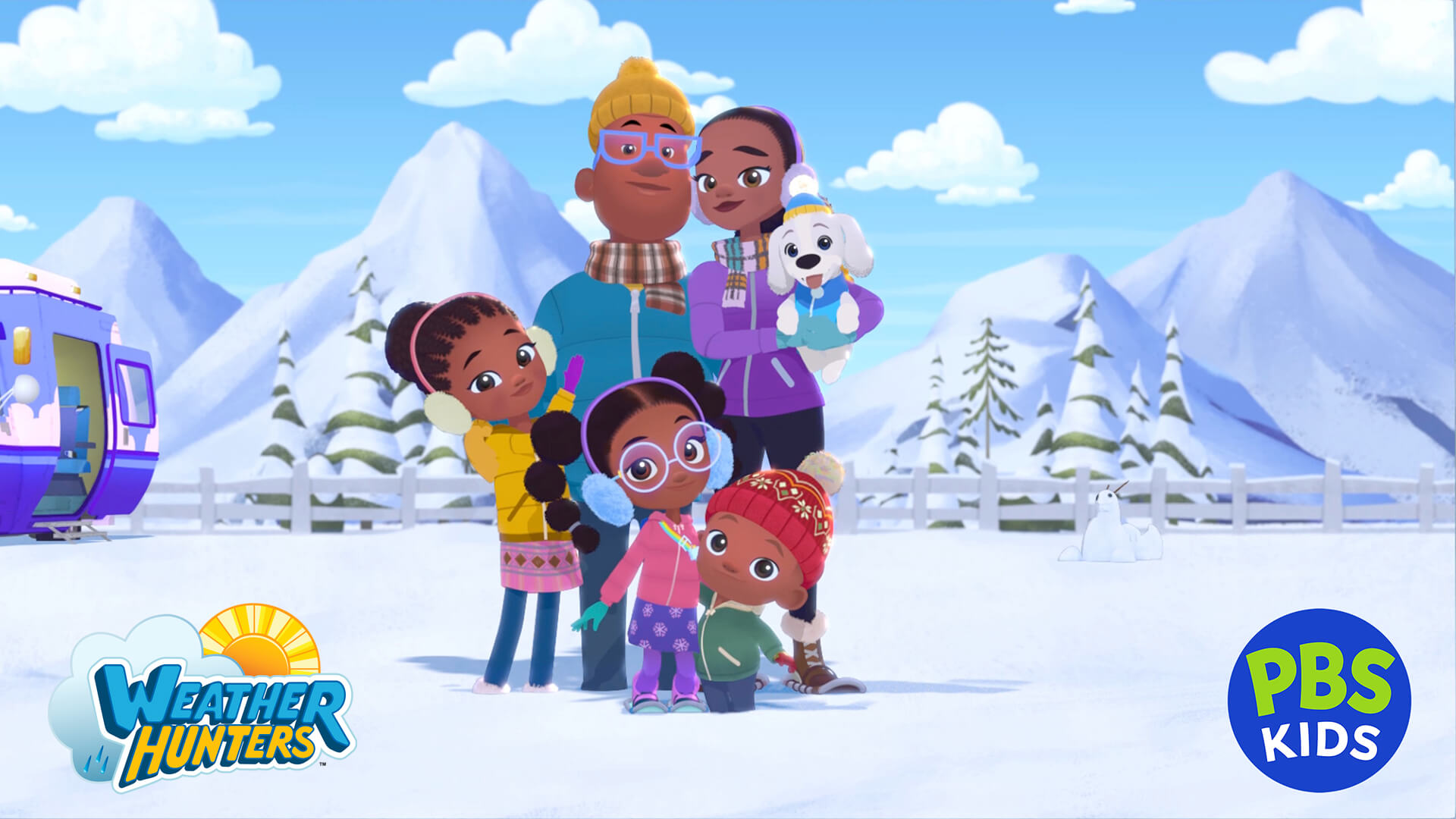
Q: What inspired your path as a scholar?
A: So many Purdue experiences contributed toward where I am today.
I loved learning in my classes, but I took any chance I could to follow a brewing passion: teaching. The National Society of Black Engineers (NSBE) was founded at Purdue and is an extremely active chapter — I’d tutor peers in it, plus middle school students through their Pre-Collegiate Initiative program.
Professor Bill Oakes played a crucial role in my decision to stick with engineering and was an unforgettable mentor. During my first year, I told him I was considering switching to education, and he advised that I stick with engineering until I could enter the engineering education graduate program at Purdue, which was brand-new at the time.
I no longer had to choose between these two amazing things that I loved. I knew from then on that I wanted to earn my PhD. That is the thread of my whole career. To this day, I’m still blending engineering and education.
Q: How has your role as an educator changed throughout your career?
A: The traditional view of an educator is someone standing in front of a class, but I have always carried with me that education is about moments of connection.
When you connect with someone, hard topics become accessible, and misconceptions are disrupted. I’m doing that at different levels.
At Vanderbilt, I have a faculty appointment as well as an administrative role in the Office of the Provost. This checks a lot of boxes. It gives me the space to be able to work with students while still carrying out a research agenda.
Right now, my research has led me to audiences I never imagined I’d reach. I’m part of the curriculum team for “Weather Hunters,” from Al Roker Entertainment. As a person who firmly believes students learn more outside of the classroom than in it — partly as a by-product of the amount of time spent in each context — I was thrilled to learn more about this particular setting of informal learning.
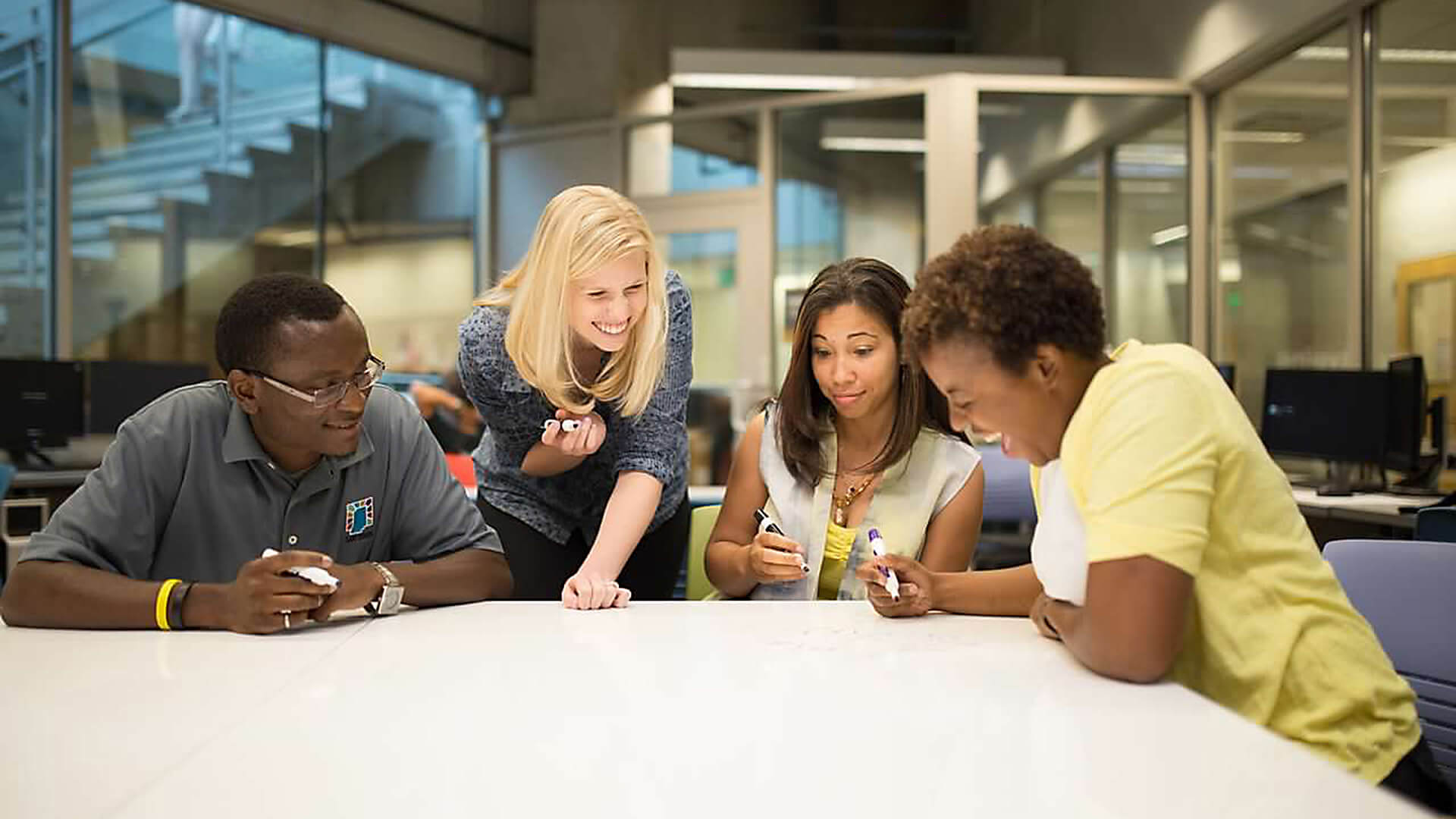
Q: What have been some key takeaways while working on the show?
A: There are always creative ways to make complex STEM concepts accessible and practical for young learners, but it takes work and a team. Lean into the joy that comes with struggling to find it. The process is worth the reward.
I have a newfound appreciation for the shows that I watched as a kid. “Arthur,” “Reading Rainbow” and “Sesame Street” were masterful at balancing entertainment and education. Integrating humor and curiosity into a curriculum isn’t easy.
Creating a series is a long process, and the plot of every show is carefully studied. When introducing a new weather concept, we sat in our weekly meetings and asked, “What story do we want to wrap around this? How do we weave this into a kid’s life? Where would a kid see evaporation or find icicles?” It makes you think differently.
Q: What advice would you give to yourself during your undergraduate years?
A: There are two messages. First, I’d remind myself that we are complicated human beings. It’s not odd to have interests in things that don’t seem naturally aligned. Don’t give up on finding a way to blend the things that make you whole.
The second piece of advice is to strive for impact. When I’m asked how I moved from one accomplishment to another, the main explanation is that I am driven to make a social impact. How can I use my gifts, talents and insights for good? That will take you places you couldn’t have imagined. You get tapped for things you didn’t even know existed.
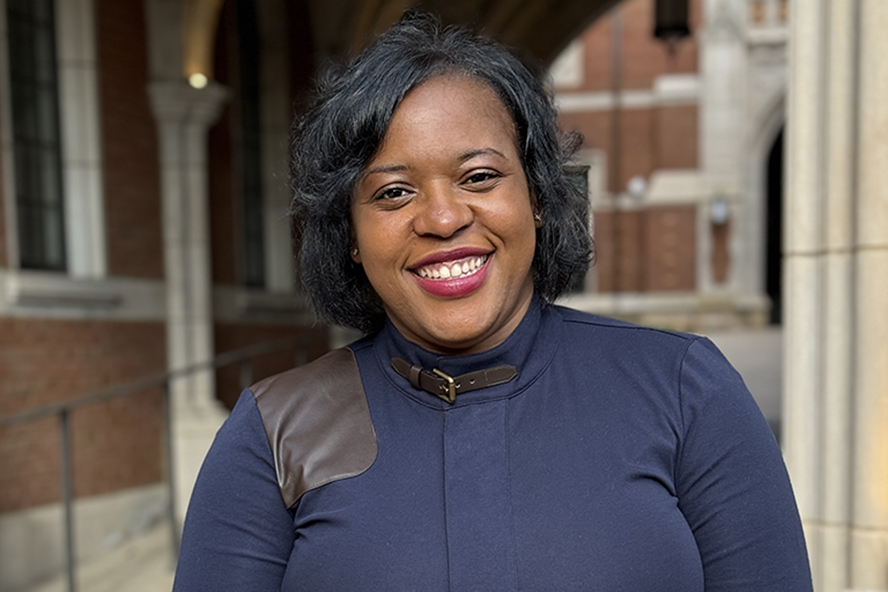
How can I use my gifts, talents and insights for good?
Jeremi London
BSIE ’08, MSIE ’13, PhD engineering education ’14
Q: What did you find on Purdue’s campus that you couldn’t find anywhere else?
A: Purdue was big enough to accommodate growing interests. I earned all three of my engineering degrees there. That is not the norm. Most people switch up where they go — they have to find someplace new for their next degree. I appreciated that I had so many disciplines to choose from and that there was space for me to pivot.
Along the way, I learned so much from the people in the organizations I was involved in, like NSBE and Women in Engineering. I had a church group that supported me and a real sense of community. Purdue wasn’t only satisfying my intellectual curiosity. It was a place where I could be a budding person, growing into what I was created to be.
